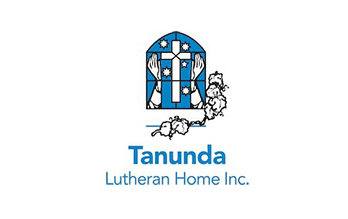The University of South Australia in partnership with Tanunda Lutheran Homes, the University of NSW, Pharmaceutical Society of Australia Ltd and Health Care Services Pty Ltd has been awarded an ARIIA grant for their project ‘A Digitally Enabled, Pharmacist service to detect medicine harms in residential aged care: the ADEPT project’.
In March 2022, the Australian government announced $345 million of funding over 4 years to employ on-site pharmacists in residential aged care. The proposed roles of the new on-site pharmacists include, among others, medication reviews, whole-of-facility quality use of medicines activities and collaboration with the health care teams.
These activities will reduce some medicine harms (e.g., due to use of inappropriate medicines) experienced by aged care residents; however, many medicines cause “milder” harms (e.g., poor balance, sedation) that are difficult to detect without the right tools. Left unmanaged, these “milder” harms can lead to serious adverse events such as injurious falls.
We propose using digital technologies and an evidence-based digital platform to assist the pharmacists with actively monitoring medicine harms. Over 12 months, our interdisciplinary team at the University of South Australia (UniSA), University of New South Wales (UNSW) and Flinders University will implement the TeleClinical Care platform incorporating data from a suite of digital technologies (e.g., activity tracker) at the Tanunda Lutheran Home, South Australia.
Our proposed project will complement the government’s model by providing pharmacists with the right tools and training so that pharmacists can effectively detect and manage medicine harms to improve resident outcomes.



